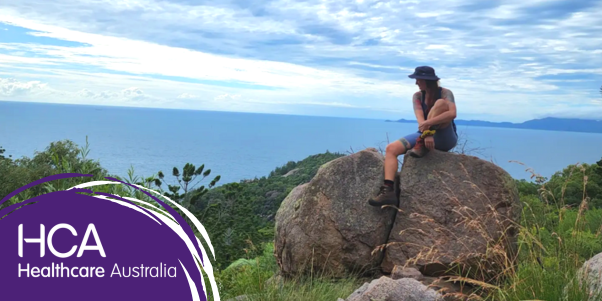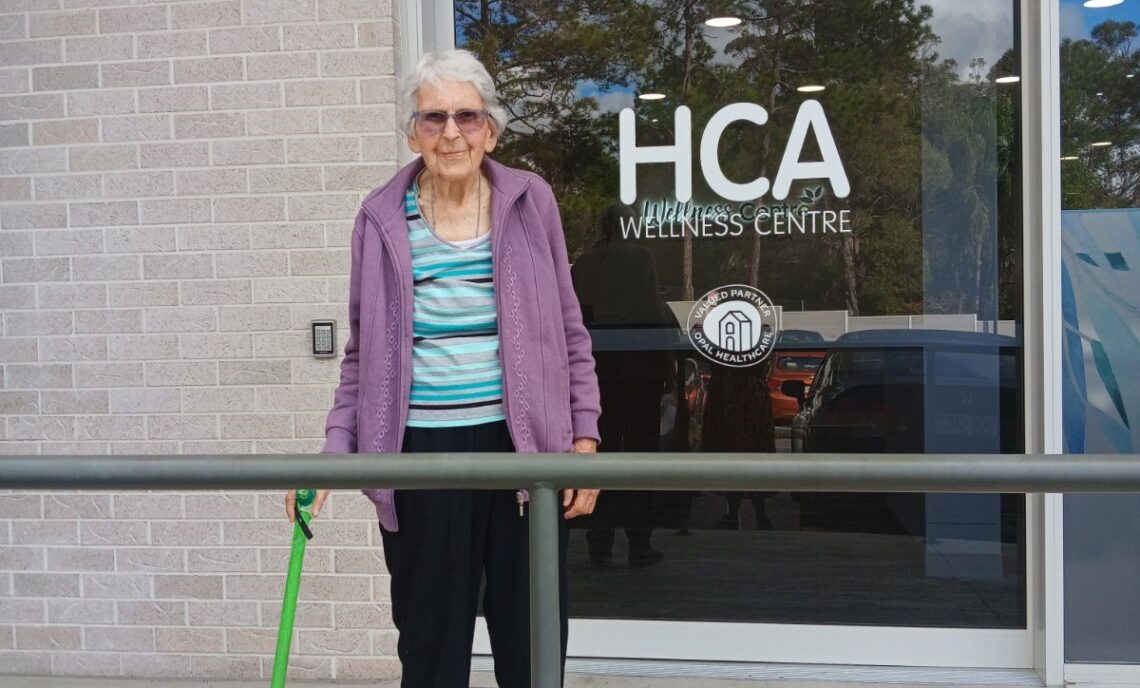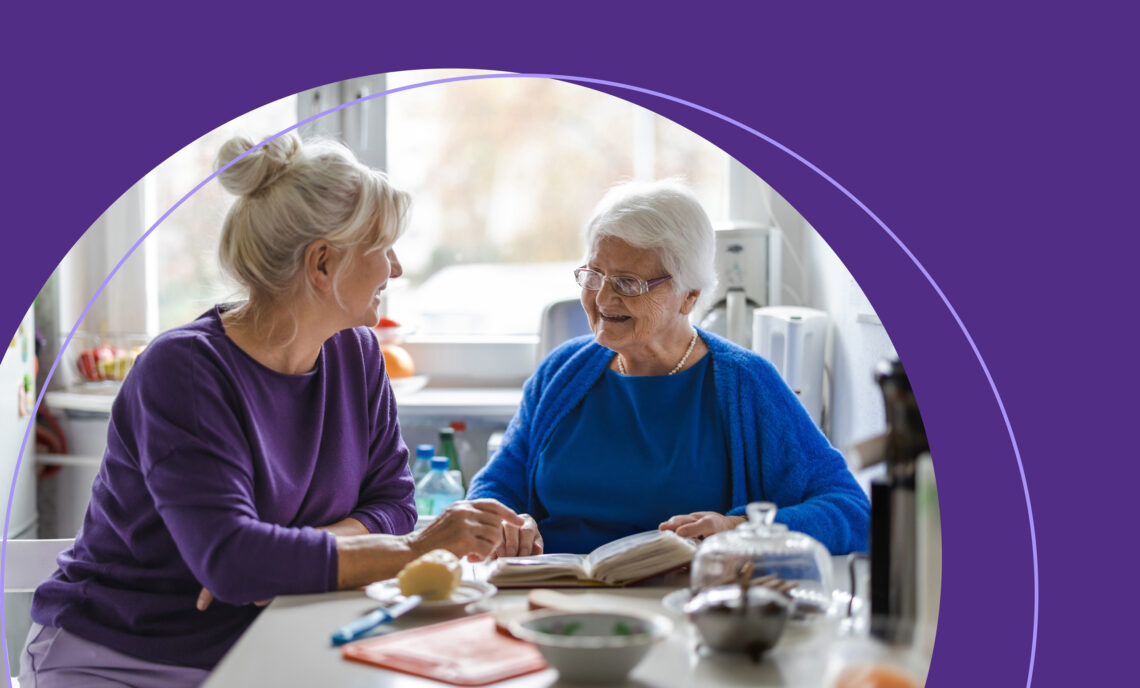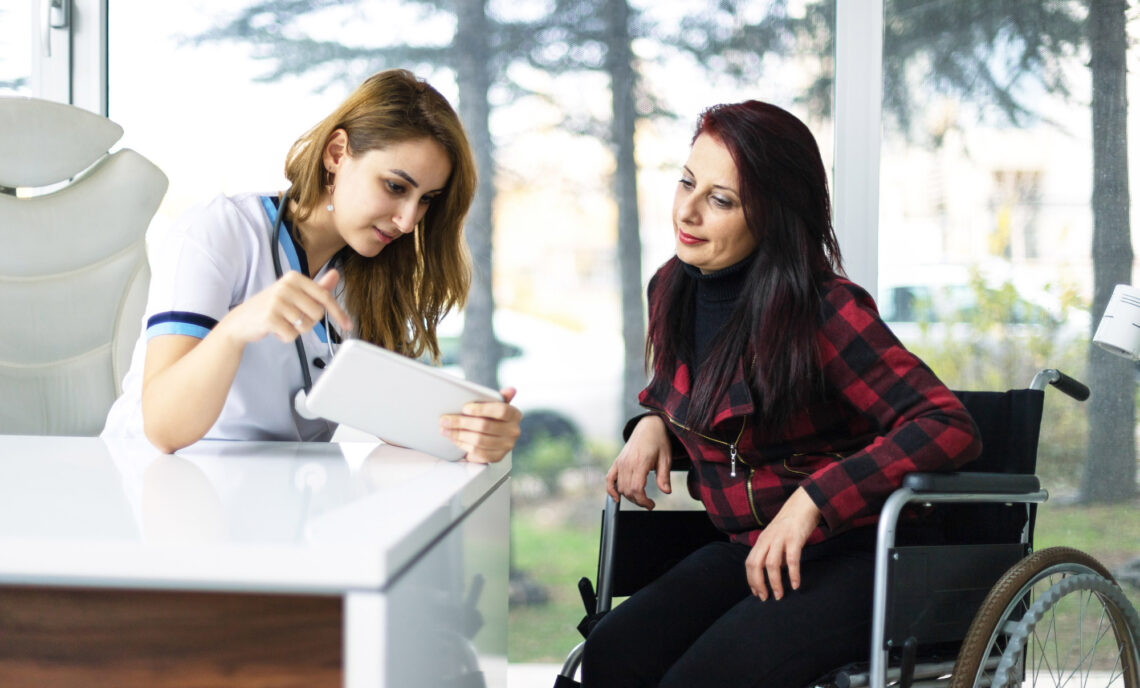
Nursing in Australia: April’s Journey from the UK to Lajamanu
Table of Contents
Tell us a little about yourself. Where are you from, what’s your skillset, and how long have you been working with HCA.
I trained in the NHS and worked in the UK in a mix of ED, Corrections, and Coronary care for 4 years before moving to Australia. I had decided that I wanted to come and work in Australia when I was a student, so it was a long term dream for sure!
I have been working with HCA for a total of 2 years now, and it’s been incredible. I’ve been given the opportunity to be nursing in Australia, to develop my skills, specialise and meet so many amazing people. I’ve always loved travelling, so being paid to do so and also develop as a clinician is a dream.

I can see your file says you are working with Katherine West Health Board at Lajamanu (FKA Hooker Creek), tell us a bit about that?
I remember learning about the role ‘Remote Area Nurse’ when I first arrived on my working holiday and just thinking what a cool job – that’s what I want to do! I was told initially I didn’t have enough experience, but to keep taking rural ED contracts and was signposted to some post graduate study which I did.

Last year I had a conversation with Eliza and she said I would now be suitable to be put forward for the New to Remote program, and KWHB would support me with the transition from RN to RAN.
There is a LOT to learn when hopping between these two roles, so I’m glad I waited and got further experience and study before I went for it. Not only is the job role totally different but general presentations and management being vastly different to what you might come across in a metropolitan hospital.
What does the community look like out here – I understand there are many language groups and the like in this area? Does this make work challenging or interesting, etc.?
Lajamanu is extremely remote, about 6 hours’ drive from Katherine. During the wet season it is not uncommon for the community to be inaccessible due to flooding on the unsealed road, and flights are sometimes unable to land. One of the main challenges during this time was not being able to medically evacuate sick patients and trying to manage them in our tiny clinic with limited staff and resources. We don’t keep blood at the clinic so any emergency related to blood loss is very scary when you can’t get them out!

The primary language spoken is Warlpiri. Many community members speak some English but not all, and often it is fairly limited. Fortunately, we have some local staff who work as translators when needed. Language and cultural barriers definitely make patient assessment considerably more challenging. It’s very easy to misinterpret something during triage and obviously this has the potential to be a disaster.
Cultural differences are many and complex. Experienced RANs told me when I started that you could live and work in a community for 20 years and still only scratch the surface, so just to be patient, respectful and accept that there are so many things you are unlikely to ever truly understand.
Lajamanu is a New to Remote destination. Have you had an interest in completing this pathway (or do you have an interest in Remote Health)?
I signed up to the Rural and Remote team when I first arrived on my working holiday, thinking it would be the best way to see the country. I have also always been fascinated by indigenous health, I always wondered why UK nurses would come all the way to do nursing in Australia and not take the opportunity to work with the oldest living culture on the planet. So many nurses come out here, stay in Sydney for a year, then go home again… boring!!

I have definitely always been drawn to working in different and interesting areas- again, why spent your entire career in a hospital when there are endless opportunities for experienced Nurses?
In a further attempt to combine my love of health and travel, I started studying a MSc in Healthcare in Remote and Extreme Environments with UTAS 2 years ago. I study part time which is reasonable to do whilst work full time. Study ties in well with working in remote health and opens new doors to a wide range of interesting career options further down the track such as expedition/retrieval medicine or humanitarian health.
What does the caseload look like? What does a day working in Lajamanu look like?
The clinic runs as a primary and emergency health service, there are no scheduled appointments, so people just drop in with a very wide range of issues and due to the small team, you end up doing pretty much everything! We work from the CARPA Manuals which are four manuals called: Clinical procedures, Standard treatments, Medicines and Womans business. These books are the ‘bibles’ of remote health and are used for reference for almost everything you do.
There are several conditions which are sadly prevalent in remote communities which you are unlikely to have managed before if you have only worked in metro areas; such as rheumatic heart disease, post-streptococcal glomerulonephritis, and scabies. Other conditions that are highly prevalent are T2DM in young adults and Childhood Anaemia.
We have visiting specialists such as a midwife, physiotherapists, dentists ext. We also only have a GP some of the time so it’s common for the workforce to be made up entirely of 4 RANs and the clinic manager. Most remote communities do not have paramedics, so we also respond to emergencies in the community (the bonus of this getting to drive the troopy ambulance!)
How do you choose your placements and do you prefer long or shorter placements?
I spent 8 weeks in Lajamanu, which in hindsight was too long. I think for a RAN placement 4 weeks is enough due to the isolation and the on-call requirements which often leave you with zero days off per week. For a rural ED I would prefer to do 8-12 weeks, dependant on the area and how much there is to explore. I spend 12 weeks in Mossman ED in far north QLD and definitely could have stayed longer, it’s such a beautiful part of the country and a lovely hospital and team to work in.

How do you find working with your consultant Eliza?
Eliza is a dream! She has a very high workload but still manages to be organised and responsive, she is so lovely and always checks in to see how the placements are going and is happy to take feedback. Even if there is a location, I am interested in but do not have a posting advertised, she will reverse engineer to try and get me there!
How do you find the experience outside of work when working with Healthcare Australia?
Since there are placements available literally everywhere, you can choose somewhere that suits you and therefore spend your days off in the mountains, beaches, diving, hiking – whatever you want really!
What sort of things do you like to get up to on your time off?
It really depends where, but definitely all about the outdoors! Geraldton was great for beautiful beaches and surfing (attempting to!), far north QLD and Christmas Island for diving, Tasmania for hiking and central Australia for endless beautiful sunsets and stars.

Share with us – are there any must see spots you’ve visited during your travels you would like to share? I can see you’ve been to boss Mossman and Christmas Island which both look amazing. Tell us about those too!
Christmas Island is one of the most amazing and beautiful places I’ve ever been, for such a small island there is so much to see and do, above and below the water. Would 100% recommend it to anyone… as long as they’re not afraid of giant crabs. Mossman is also a great location, the Daintree national park is only 2 hours away and there are just endless waterfalls, natural springs, beaches and rainforests to explore.

How does working in the UK compare to nursing in Australia?
Well, completely different! Although I have some really great memories of working in England (mainly because of my colleagues), and I’m very grateful that that’s where I trained, the work life balance is pretty incomparable. Like I said I feel it’s such a privilege to be able to work in Indigenous health and experience such a different culture. It’s also a privilege to be able to explore such an enormous, beautiful and diverse country, and with short term contracts you just have total flexibility over your time. The pay for me is between 3 –4 times more than the UK, and not paying rent makes it easy to save up and have 3 months off to go abroad and enjoy your life! None of the above would be an option in the UK, oh and the weather! So just a small upgrade really…
What is your inspiration for nursing in Australia?
It perfectly combines by love of exploring new places, meeting new people and like I said gives me total freedom and flexibility that you wouldn’t get whilst in a permanent role.
Any tips for someone keen to work rural and remote with HCA when they haven’t previously
Just do it. Now.
What do you think is next for you while nursing in Australia – where would you want to go?
I’m currently on a lovely road trip from Cairns to Western NSW, where I have a 6-week contract in a little town called Hay. Eliza suggested it, and I saw it was near(ish) Mungo National Park, which sold it to me! Plus, I though the road trip would be fun, after that I have no idea.
— April R
HCA R&R RN



